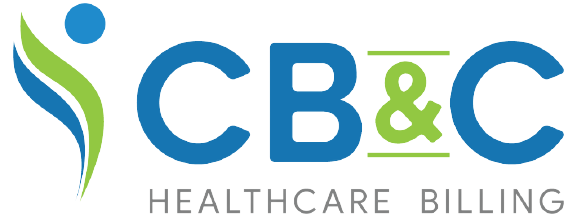- April 29, 2020
- Posted by: CB&C
- Category: Uncategorized
By now you MUST be hearing the terms ‘Self Funded’ and ‘fully funded’ a lot! So…..what’s the big deal? What IS the difference and why is it so important? This is a subject matter that you NEED to get a handle on….sooner rather than later!
Fully Funded Policies:
Small employers are typically fully funded or fully insured. An employer group or individual contacts a broker or an insurance carrier and is provided with plan options (usually a spreadsheet with the monthly premium and the various plan specifications such as in and out of network benefits, hospitalization coverage, chiropractic coverage, etc.). What you see is what you get. You cannot combine or make changes to create your own plan. Once the policy is purchased, the insured receives a Certificate of Coverage (COC). From then on, a monthly premium will be paid to keep the policy active. These policies are under the ‘jurisdiction’ of the Dept. of Banking & Insurance (DOBI). (www.state.nj.us/dobi)
Self Funded Policies:
Most mid to large employer groups are Self Funded or Self Insured. Based on the number of employees an employer group has it can become less & less cost-effective to pay monthly premiums for a fully funded policy. Instead, an employer group may choose to become Self Funded. Once the plan is established, the employer group hires an administrator for the plan. They may choose an insurance carrier (such as BC/BS or Cigna) or they can hire an MCO (managed care organization such as Qualcare or First Health). Basically, the employer group hires a carrier or MCO to function as a TPA (Third Party Administrator) for the use of a provider network, claims processing, fee schedule, etc., etc. In this Self Funded model, the employer group provides the TPA with a Summary Plan Document (SPD). This tells the TPA exactly how to administer the benefits for the covered members. In the SPD, the employer dictates ALL the benefit information. In addition, the employer group actually funds the TPA with the money to pay the claims. These policies are NOT under the ‘jurisdiction’ of DOBI. Instead the administration of the plan & benefits need to follow ERISA guidelines. ERISA is the Employee Retirement Income Security Act. This is a federal law that sets minimum standards for most voluntarily established pension and health plans in private industry to provide protection for individuals in these plans.
(www.dol.gov)
Ok – so now you have clarification on Self Funded vs. Fully Funded. But how does that affect your practice? Well, truth be told, whether the policy is Self Funded or fully funded affects so many areas of a provider’s office. Just to name a few:
Who’s getting paid – the provider or the patient?
Appeals
Copay Maximums
Complaints regarding a particular carrier
EOB follow-up
Interest due on claims not paid timely
For example, many providers are confused as to why some BC/BS checks continue to be sent to patients. Well, the assignment law that was passed a few years back was a DOBI decision. Remember that DOBI only has authority over fully funded policies, so if BC/BS is administering a Self Funded plan (such as those with NJX prefixes), the assignment law does NOT apply and the payments can still go to the patients. It is the same with the copay maximums. Again, that decision to put a cap on the maximum amount a copay can be is a DOBI decision; so, therefore, Self Funded accounts do not have to abide by such limitations under ERISA guidelines. Also, appeals have different processes for Self Funded policies and fully funded policies. Also note that EOB follow-up and time frames are slightly different from a fully funded plan to a Self Funded Plan.
There are so many reasons why making sure you obtain this information at the time of verification is imperative. If you have not already done so, add it to your insurance verification immediately. If you obtain this information at the beginning of the patient’s treatment, you will be prepared for the checks to go to the patient and act accordingly BEFORE it becomes a problem.
You can anticipate that the copay maximum will not apply. You can prepare your staff to watch for runout periods that go along with changes of TPAs, and you can be educated as to what appeal process you may have to follow if there is a medical necessity dispute, etc. My point is – knowing this information is another very important way to set yourself up for success.
Unfortunately, gone are the days that you could just love the patients and get paid for it unconditionally. We find ourselves in an industry now where it is imperative that you always stay one step ahead of the payer to ensure a proper payment for your services. I strongly encourage providers to continue to educate themselves. It is true when they say “knowledge is power and power is money!”

